
Juniata College has earned a STARS Silver rating from the Association for the Advancement of Sustainability in Higher Education (AASHE), recognizing the college’s significant achievements in sustainability. STARS, the Sustainability Tracking, Assessment & Rating System, measures and promotes sustainability in all aspects of higher education. Juniata’s strong performance reflects our commitment to integrating sustainability into the curriculum, fostering meaningful community engagement, and promoting collaborative, interdisciplinary research that addresses pressing global challenges.

Juniata College has earned a STARS Silver rating from the Association for the Advancement of Sustainability in Higher Education (AASHE), recognizing the college’s significant achievements in sustainability. STARS, the Sustainability Tracking, Assessment & Rating System, measures and promotes sustainability in all aspects of higher education. Juniata’s strong performance reflects our commitment to integrating sustainability into the curriculum, fostering meaningful community engagement, and promoting collaborative, interdisciplinary research that addresses pressing global challenges.

Juniata College has earned a STARS Silver rating from the Association for the Advancement of Sustainability in Higher Education (AASHE), recognizing the college’s significant achievements in sustainability. STARS, the Sustainability Tracking, Assessment & Rating System, measures and promotes sustainability in all aspects of higher education. Juniata’s strong performance reflects our commitment to integrating sustainability into the curriculum, fostering meaningful community engagement, and promoting collaborative, interdisciplinary research that addresses pressing global challenges.
Green Energy & Efficiency
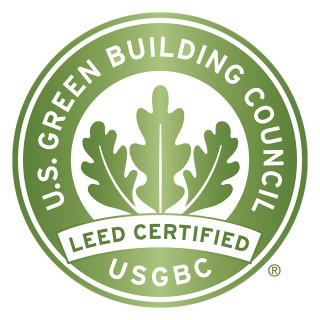
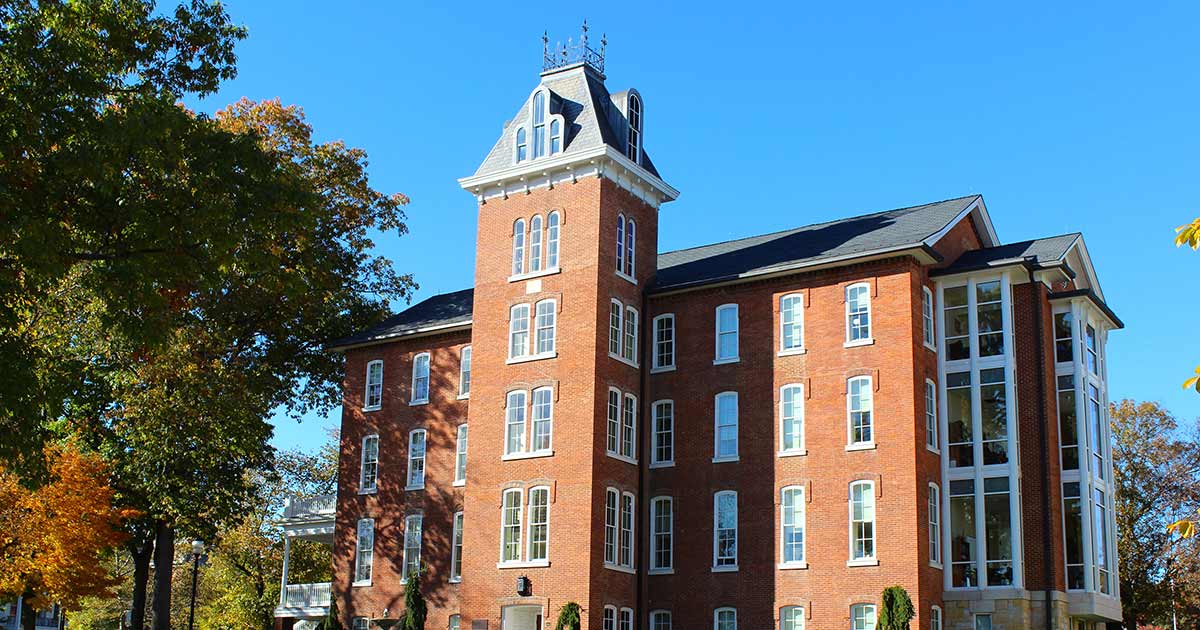
Green Energy & Efficiency


Green Energy & Efficiency


Green Energy & Efficiency


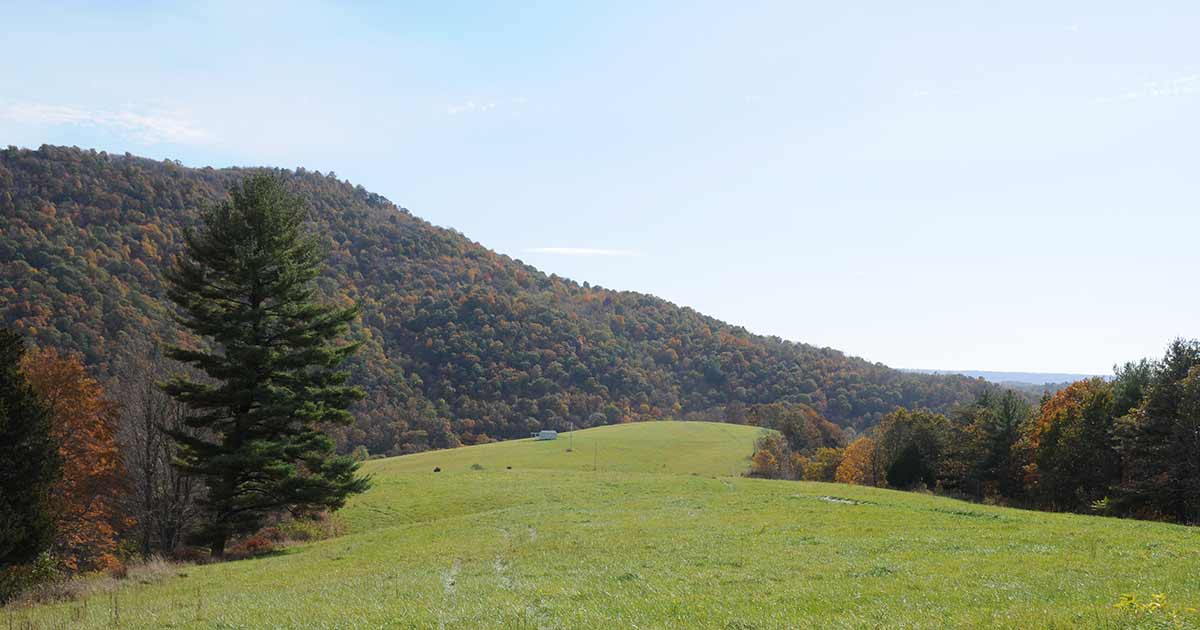
Forest Preservation

Forest Preservation

Forest Preservation

Forest Preservation
Sustainable Living
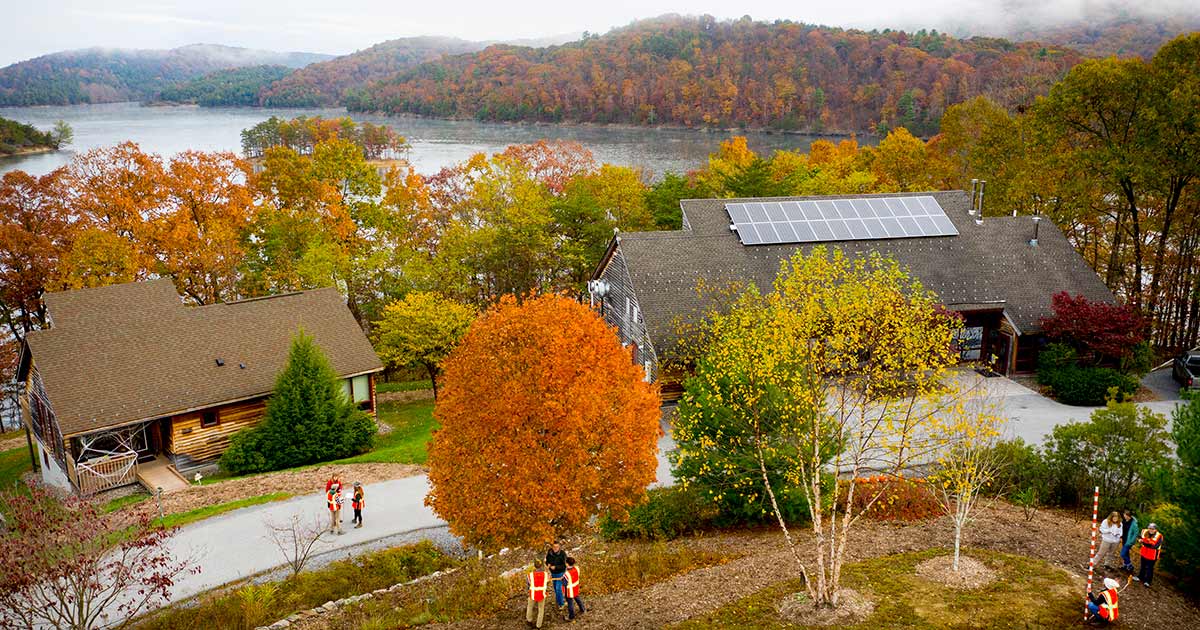
Sustainable Living

Sustainable Living

Sustainable Living

Current and Future Projects
-
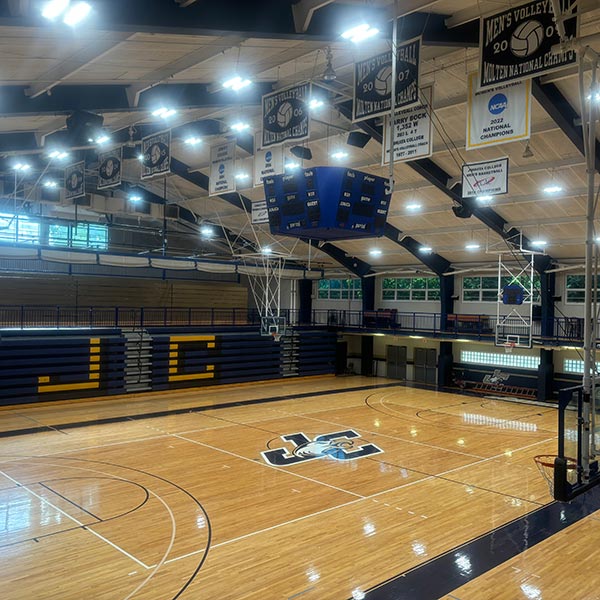
Energy Savings
The Kennedy Sports Complex has recently undergone a significant LED lighting upgrade aimed at enhancing user experience and sustainability. The project involved replacing all conventional light fixtures with more efficient LEDs, retaining existing LED fixtures. In the main gym, 450-watt bulbs were swapped with 160-watt LEDs, providing better quality lighting for athletes, conferences, events, and everyday users. The installation of smart controls enables dimming functionality and includes occupancy and daylight sensors for optimized energy use. These improvements result in substantial annual savings: 145,177 kilowatt hours of electricity, translating to approximately $13,033.00 in cost savings and reducing carbon dioxide emissions by 101 metric tons annually. This reduction is equivalent to the emissions from 91 flights between JFK and Zurich or the emissions from 259,387 miles driven by an average passenger vehicle.
-
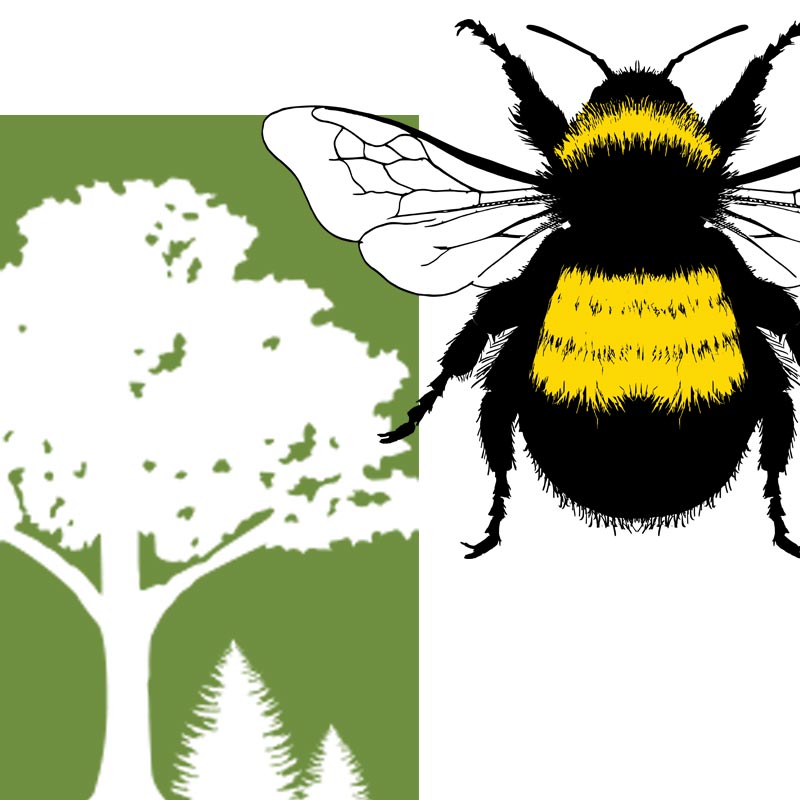
Campus Certifications
Our campus is certified as a Tree and Bee Campus. The Arbor Day Tree Campus certification recognizes Juniata's commitment to making trees and green space an integral part of the college experience. The Xerces Society Bee Campus certification recognizes our dedication to conserving native pollinators by increasing the abundance of native plants, providing nest sites, and reducing the use of pesticides. These certifications involve annual student-led projects in collaboration with our facilities' grounds crew and demonstrate our dedication to sustainable practices and biodiversity conservation.
-
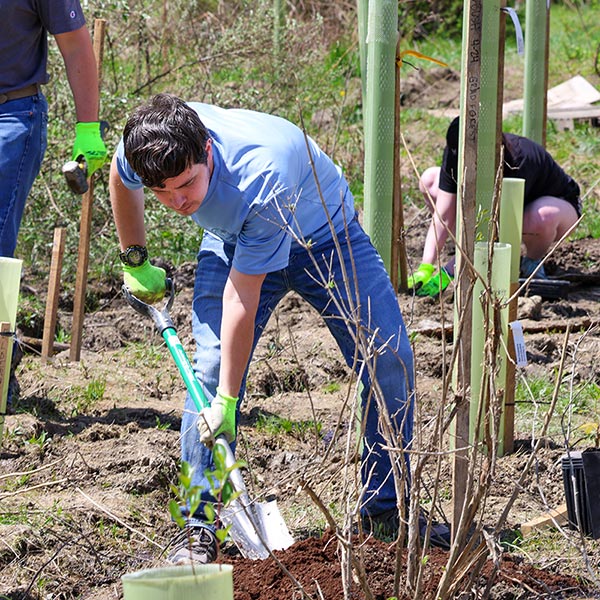
Graduation Forest
At Juniata, sustainable forestry practices play a pivotal role in environmental stewardship. The Graduation Forest is a reforestation project where we're turning fallow fields and areas dominated by invasive plants into a thriving forest that can capture more carbon than before. Every graduating senior gets to plant a new native seedling as part of this initiative. Student clubs host work parties to take care of the seedlings, remove invasive plants, and monitor the progress.
Student Experiences
 skip to content
skip to content







